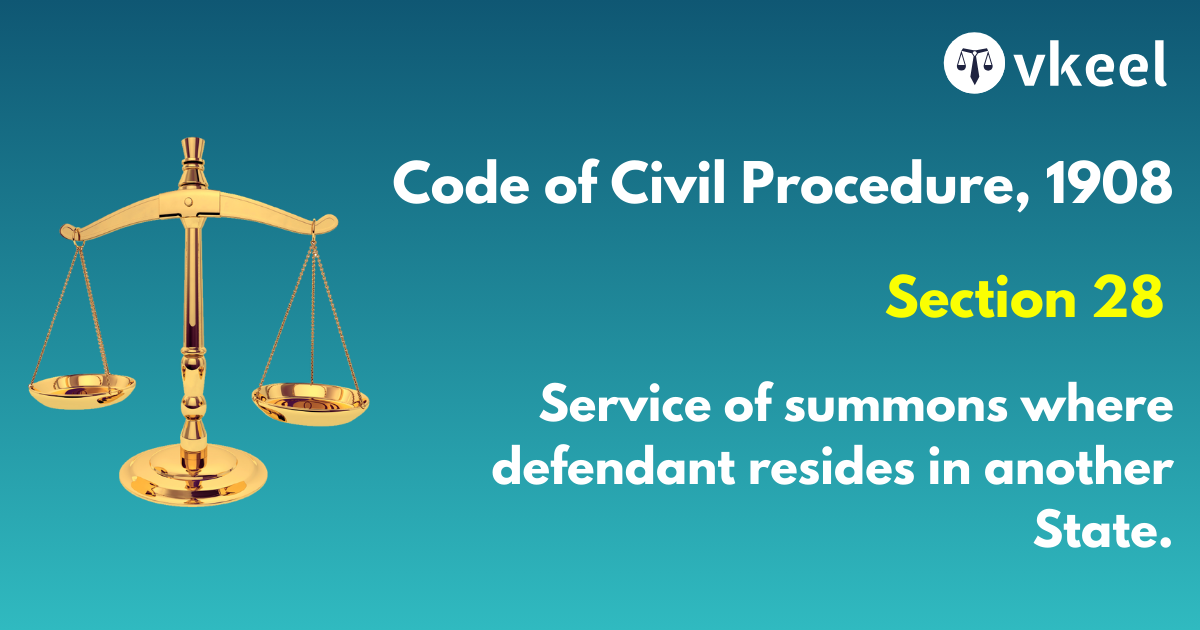Section 38 Indian Penal Code 1860 (IPC) – Persons concerned in criminal act may be guilty of different offences
By Vkeel Team
Table of Contents
Description
“Section 38 Indian Penal Code 1860 (IPC)”
Where several persons are engaged or concerned in the commission of a criminal act, they may be guilty of different offences by means of that act.
Illustration
A attacks Z under such circumstances of grave provocation that his killing of Z would be only culpable homicide not amounting to murder. B, having ill-will towards Z and intending to kill him, and not having been subject to the provocation, assists A in killing Z. Here, though A and B are both engaged in causing Z’s death, B is guilty of murder, and A is guilty only of culpable homicide.
Scope and Application of Section 38 IPC
The scope of Section 38 IPC is broad and applies to a wide range of criminal acts. It applies when two or more people are involved in committing a criminal act, and each person plays a different role in the act. The section states that each person may be held guilty of a different offence based on the role they played in the commission of the act.
For example, in a case of robbery, if one person is responsible for planning the robbery, while another person is responsible for actually carrying out the robbery, they may be held guilty of different offences. The person who planned the robbery may be charged with conspiracy, while the person who carried out the robbery may be charged with theft.
Section 38 IPC also applies in cases where one person commits a criminal act, and another person aids or abets the commission of the act. In such cases, both individuals may be held guilty of different offences. For example, in a case of murder, if one person pulls the trigger while another person drives the getaway car, they may be held guilty of different offences. The person who pulled the trigger may be charged with murder, while the person who drove the getaway car may be charged with abetment.
Implications of Section 38 IPC
Section 38 IPC has significant implications for the criminal justice system in India. It allows for a more nuanced approach to the prosecution of criminal cases, by taking into account the different roles played by individuals in the commission of a criminal act.
The section also helps to ensure that individuals are held accountable for their actions, even if they did not directly commit the criminal act. This is particularly important in cases where individuals play a supporting role in the commission of a crime, such as by providing weapons or transportation to the person who commits the crime.
However, Section 38 IPC also raises concerns about the potential for abuse, as individuals may be held guilty of offences that they did not directly commit. This is especially true in cases where individuals are coerced or forced into participating in a criminal act, or where they are not fully aware of the consequences of their actions.
Section 38 IPC also has implications for sentencing. The punishment for each offence may vary based on the role played by the individual in the commission of the criminal act. For example, if two people are involved in committing a robbery, the person who actually carries out the robbery may receive a higher sentence than the person who planned the robbery.
Conclusion
Section 38 IPC is an important provision in the Indian Penal Code that recognizes the different roles played by individuals in the commission of a criminal act. It allows for a more nuanced approach to the prosecution of criminal cases and ensures that individuals are held accountable for their actions. However, the section also raises concerns about the potential for abuse, and it is important for the criminal justice system to ensure that individuals are held accountable for their actions in a fair and just manner. Overall, Section 38 IPC is a critical component of the Indian legal system and helps to promote accountability and justice.
Desctiption Source: indiacode
Disclaimer:
The information provided in the article is for general informational purposes only, and is not intended to constitute legal advice or to be relied upon as a substitute for legal advice. Furthermore, any information contained in the article is not guaranteed to be current, complete or accurate. If you require legal advice or representation, you should contact an attorney or law firm directly. We are not responsible for any damages resulting from any reliance on the content of this website.












